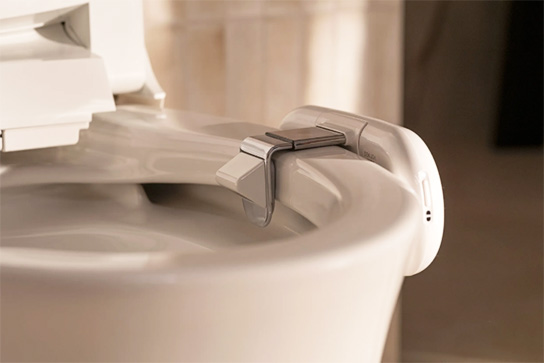Chinese authorities were on Monday compelled to assure the public that they won't waddle like penguins following the anal swab coronavirus test. The clarification from the state came after a video purportedly showing people walking awkwardly following their COVID tests went viral. The video, which had already been viewed millions of times, was declared "fake" and taken down.
The officials, according to a report in Forbes, said the video was doctored and fake. However, no explanation was given on what the video showed.
China introduced the new testing method, which involves inserting a swab 1.2-2 inches into the rectum, and the authorities say it can detect the virus more accurately than oral or nasal methods. They added the technique is used only in high-risk cases. According to Chinese State TV, anal swabs won't be used as widely because the method isn't as "convenient".
According to a report in DailyMail, the video was allegedly recorded on January 28 in Shijiazhuang, the capital of Hebei Province in northern China.
Watch The Viral Video Here
Some medical experts opine that traces of the deadly novel coronavirus can linger longer in one's digestive system than their respiratory system.
Hence, anal swabs are believed to have higher accuracy than throat and nasal swabs, Dr Li Tongzeng, deputy chief physician of Beijing You're Hospital, said.
"We found that some asymptomatic patients tend to recover quickly. There may be no trace of the virus in their throat after three to five days," Dr Li told CCTV.
"But the virus lasts longer in the samples taken from the patient's digestive tract and excrement, compared to the ones taken from the respiratory tract.
"If we conduct anal swabs for nucleic acid testing, it would increase the detection rates of patients and lower the chance of a missed diagnosis," the expert added.
China, which has been largely able to contain the spread of the contagion, reported 33 new cases on Monday and 2000 new domestic cases throughout January. Two people lost their lives to the virus last month.
Wearing masks in public is being strictly followed, and lockdowns are regularly imposed on communities and cities if cases are reported.
Anal Swab Test For COVID Won't Make You Walk Like Penguins: China Says Viral Video 'Fake'





